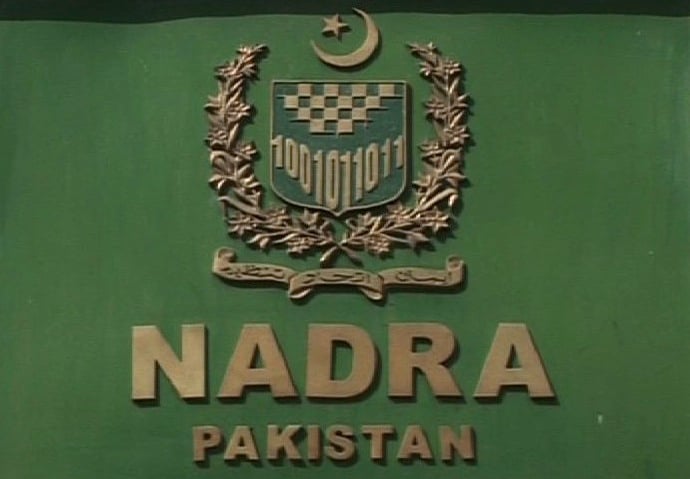Streamlining Payments for Government Services
Pakistan’s National Database and Registration Authority (NADRA) has unveiled a new, simplified method for citizens to pay fees for official documents, including identity cards, passports, and other government services. Previously, the fee payment process was often cumbersome, time-consuming, and inconvenient for ordinary citizens.
Under the old system, applicants had to first generate a payment challan, then visit a bank to deposit the fee, often standing in long queues. After completing the payment, they would return to the NADRA office to finalize their application. This multi-step procedure not only wasted time but also raised concerns about transparency and efficiency.
Digital Payment Options for Citizens
The new system modernizes this process in line with digital advancements and aims to ease citizens’ access to government services. Through the updated framework, individuals can now pay fees using mobile applications, online banking, or popular digital wallets such as Easypaisa and JazzCash.
For those who prefer traditional methods, NADRA offices also offer direct cash payment facilities. This dual approach ensures accessibility for all segments of society, including those who may not yet be fully integrated into digital banking systems.
How the New System Works
Once an applicant submits a service request at a NADRA office, they receive a unique QR code. After paying the fee, applicants can also track their ID and document applications online for real-time updates. This QR code can be scanned using mobile banking apps or digital wallet platforms to complete the fee payment instantly. Importantly, NADRA has confirmed that no additional charges will apply for using this digital payment method.
By integrating QR code-based payments, NADRA aims to make transactions faster, safer, and fully documented. Every payment is electronically recorded, reducing the risk of errors or disputes while ensuring full transparency in the financial process.
Benefits for Citizens and the Government
According to NADRA officials, the digital payment system offers several advantages:
-
Time-saving: Citizens no longer need to visit banks or stand in long queues.
-
Transparency: Digital payments create a clear audit trail, minimizing the potential for corruption or mismanagement.
-
Efficiency: The new process speeds up service delivery while reducing paperwork.
-
Inclusivity: Both digital and cash options ensure that all citizens can access services, regardless of technological literacy.
Experts note that this move aligns with global trends toward digitizing government services, as many countries are shifting from manual fee collection to secure online platforms to enhance efficiency and accountability.
A Step Forward for Digital Pakistan
The initiative reflects Pakistan’s broader “Digital Pakistan” vision, which seeks to modernize public service delivery using technology. The government has repeatedly emphasized that digital reforms are critical to improving citizen satisfaction, reducing administrative bottlenecks, and making government services more transparent and accountable.
NADRA’s adoption of QR code-based and mobile payment solutions is seen as a key milestone in achieving these objectives. Analysts believe that similar digital reforms could eventually extend to other government departments, further streamlining processes such as tax payments, utility bills, and social welfare services.
Looking Ahead
While it is still early days, the digital payment system is expected to significantly reduce delays and complaints related to fee submissions at NADRA offices. If widely adopted, it could serve as a model for other government agencies in Pakistan to follow, demonstrating how technology can simplify bureaucracy and make services more citizen-friendly.
By leveraging mobile technology and online banking, NADRA is not only improving the user experience but also reinforcing the government’s commitment to modern, transparent, and efficient public services.















